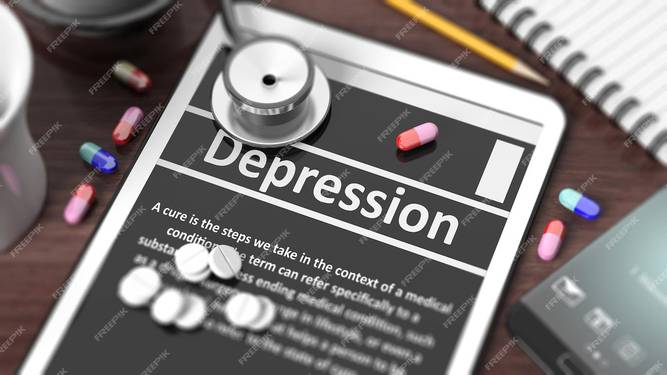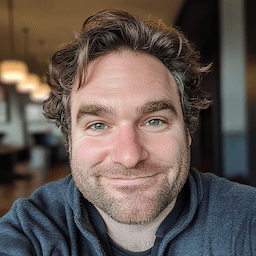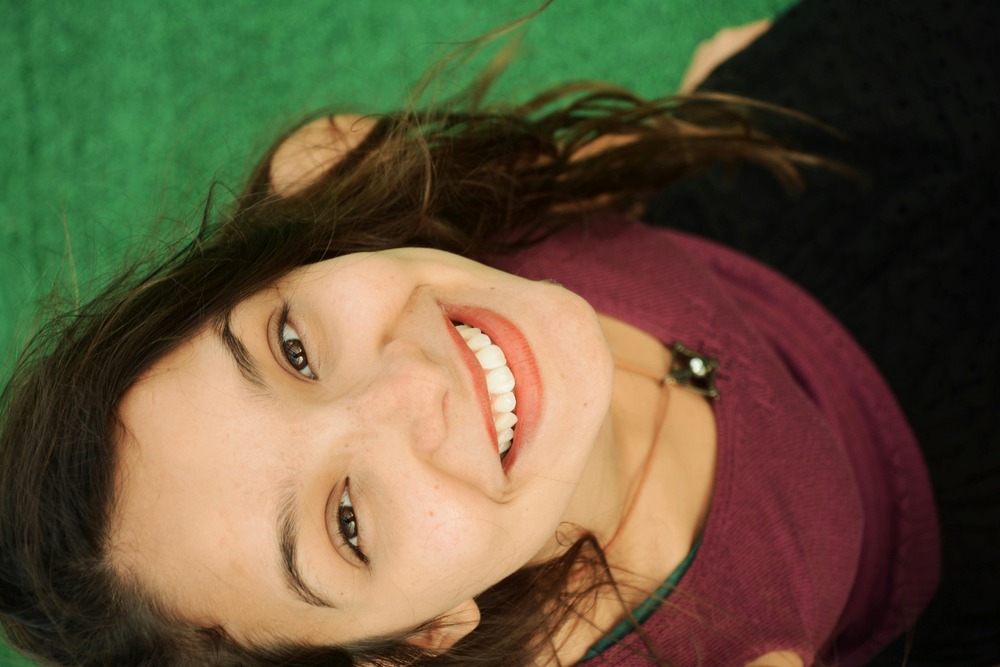In a world where mental health is increasingly recognized as a vital component of overall well-being, traditional medicine offers unique insights into the assessment and treatment of depression. ?✨ This blog explores various traditional approaches, their methodologies, and how they compare to modern practices, providing a comprehensive overview of how ancient wisdom can inform contemporary mental health strategies.

Understanding Traditional Medicine
Traditional medicine encompasses a wide range of practices that have been developed over centuries, often rooted in cultural beliefs and practices. These approaches include herbal remedies, acupuncture, and holistic assessments that consider the mind, body, and spirit. ??♂️
Key Statistics on Depression
Depression is a global concern, affecting millions of people. Here are some compelling statistics:
- Global Prevalence: According to the World Health Organization (WHO), over 264 million people worldwide suffer from depression. ?
- Age Factor: The prevalence of depression is highest among individuals aged 18-29, with rates reaching up to 20% in some regions.
- Gender Disparity: Women are nearly twice as likely to be diagnosed with depression compared to men, highlighting the need for gender-sensitive approaches in treatment. ?⚕️?⚕️
Traditional Assessment Methods
Traditional medicine employs various methods to assess depression, often focusing on holistic evaluations rather than just symptoms. Here are some common approaches:
- Pulse Diagnosis: In Traditional Chinese Medicine (TCM), practitioners assess the pulse to gauge emotional and physical health. This method can reveal imbalances that may contribute to depressive symptoms. ?
- Observation and Inquiry: Many traditional healers rely on detailed conversations and observations to understand a patient's emotional state, lifestyle, and environmental factors.
- Herbal Assessments: Herbalists may evaluate a patient's response to specific herbs, which can indicate underlying emotional issues. ?
Comparative Analysis of Traditional and Modern Approaches
To better understand the differences between traditional and modern approaches to depression assessment, let's take a look at the following table:
| Aspect | Traditional Medicine | Modern Medicine |
|---|---|---|
| Focus | Holistic (mind, body, spirit) | Symptom-based |
| Assessment Methods | Pulse diagnosis, observation, inquiry | Psychological evaluations, questionnaires |
| Treatment | Herbal remedies, acupuncture | Antidepressants, therapy |
| Patient Involvement | High (active participation) | Moderate (often passive) |
| Cultural Sensitivity | High (tailored to cultural beliefs) | Moderate (standardized approaches) |
The Role of Herbal Medicine
Herbal medicine plays a significant role in traditional approaches to depression. Many herbs have been studied for their potential antidepressant effects. Here are some notable examples:
| Herb | Active Compounds | Potential Benefits |
|---|---|---|
| St. John's Wort | Hypericin, Hyperforin | May alleviate mild to moderate depression |
| Ashwagandha | Withanolides | Known for reducing stress and anxiety |
| Rhodiola Rosea | Rosavin, Salidroside | Can enhance mood and reduce fatigue |
These herbs are often used in conjunction with other traditional practices, creating a comprehensive approach to mental health. ?
Integrating Traditional and Modern Approaches
The integration of traditional and modern medicine can provide a more holistic approach to depression assessment and treatment. For instance, combining herbal remedies with cognitive-behavioral therapy (CBT) can enhance treatment outcomes. A study published in the Journal of Alternative and Complementary Medicine found that patients who received both traditional herbal treatments and modern therapy reported greater improvements in their symptoms compared to those who received only one type of treatment.
Conclusion
As we continue to explore the complexities of mental health, traditional medicine offers valuable insights into the assessment and treatment of depression. By understanding and integrating these approaches, we can create a more comprehensive framework for mental health care that respects cultural practices while embracing modern scientific advancements. ?
For more information on traditional medicine and its applications, you can visit The World Health Organization or explore resources on Herbal Medicine.
Incorporating traditional methods into modern practices not only enriches our understanding of mental health but also empowers individuals to take charge of their well-being. Let’s continue to bridge the gap between ancient wisdom and contemporary science for a healthier future! ?




